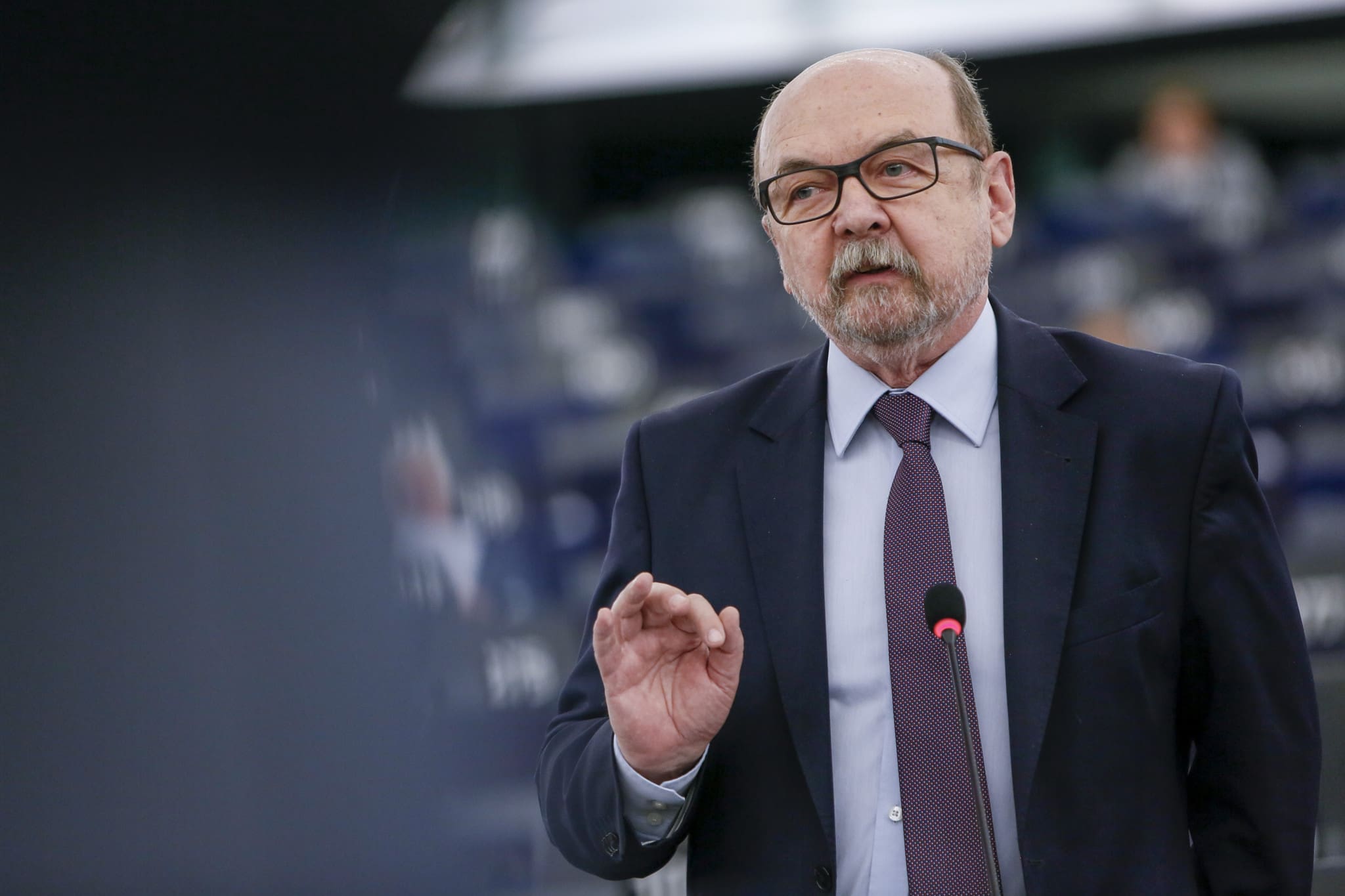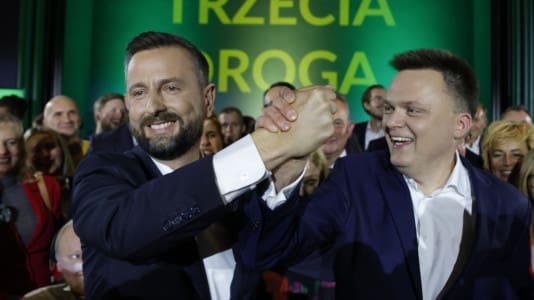Prof. Ryszard Legutko, a Conservative Law and Justice (PiS) MEP, told public television TVP that the Polish election was watched keenly by both sides of the divide over the future of the EU. This is because “the struggle for power in the EU is taking place at a number of levels.”
He says that the EU is preparing to absorb many powers of its member states and that this centralization makes him fear for the future of the concept of a Europe of nation-states.
According to Legutko, the EU is preparing for a major push towards centralization. A program of change has been prepared that will make the EU more powerful in relation to member states and its institutions all the more able to impose their will on the member states.
[pp id=82717]
In the European Council, where member state governments are represented, the European People’s Party (EPP) and the Socialists have the most heads of government, and the right is in a minority. Since Poland is such a large Central European country governed by the right, it made this election particularly significant.
Poland is important for the balance of power in Europe. Relations with Germany and Russia, as well as influence over Central and Eastern Europe, were at stake.
“The loss of power by PiS in Poland alters that balance of power,” says Prof. Legutko.
That is why a weakening of support for a Europe of nation-states weakens the case for preserving national sovereignty and delights the advocates of centralization.
As Remix News reported in June this year, France and Germany are spearheading an effort to abolish the right to veto, which would represent an enormous shift of power away from nation-states to Brussels:
In what may be the beginning of the end for European nations, Germany and France are determined to reform national rights, including the EU right of veto, this year. The debate has caused a stir in recent months, and in recent weeks, the measure has been put back on the agenda.
France and Germany are convinced that a large-scale institutional reform of the European Union, including the abolition of the veto on European Council votes, could be achieved this year, French EU Affairs Minister Laurence Boone and German Minister of State Anna Lührmann told Euractiv.
“This is one of the options we want to explore in order to maintain our position as a global player with the EU’s common foreign and security policy,” Lührmann said. He added that “it would be an important signal in other policy areas if we were to move to qualified majority voting already this year” and expressed confidence that this would happen.
The two ministers said that both countries consider it important to abolish unanimous voting in the European Council in areas such as foreign policy and taxation before the enlargement of the European Union. This could mean, for example, that Brussels would be able to implement a flat tax rate across the EU or even involve itself more deeply in the war, both moves that Hungary has rejected and in some cases even deployed its veto to stop.
Paris and Berlin claim abolishing the veto is a change that is possible without amending the EU treaties, a point hotly contested by a number of European parties, as it would not only give Brussels enormous power but also the largest states, such as Germany and France. This would subsequently allow for the EU to enact a liberal immigration policy, green rules and various other progressive goals without any hindrance from Hungary and other smaller, conservative nations.
The introduction of qualified majority voting would remove the veto on foreign policy issues, which would mean that only 15 of the 27 member states — representing 65 percent of the EU’s population — would have to agree to make particularly important foreign and defense policy decisions affecting the EU as a whole.
Laurence Boone told Euractiv that this would be “an important step toward greater integration and efficiency.”






